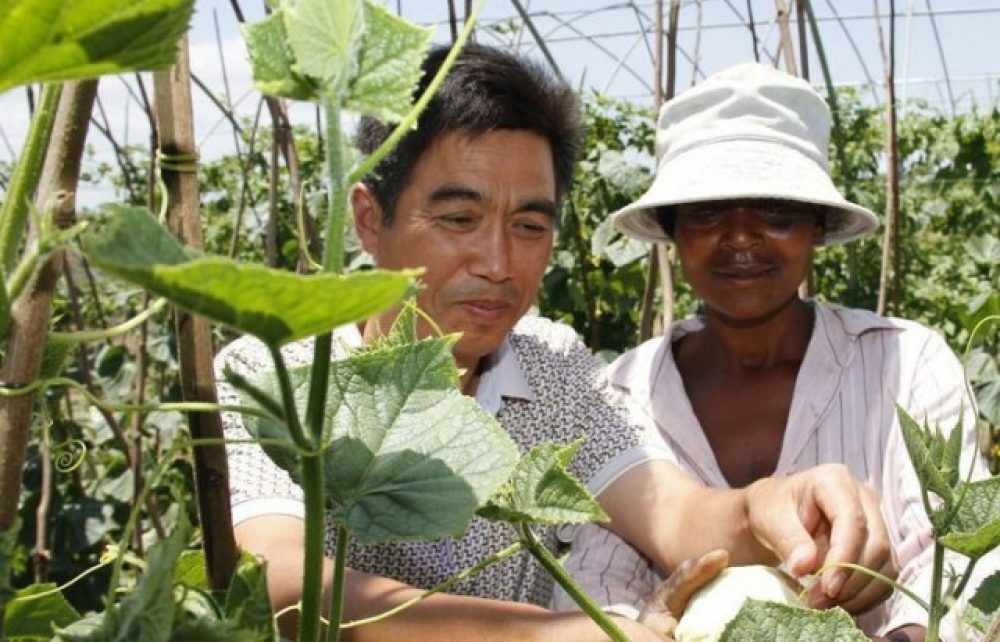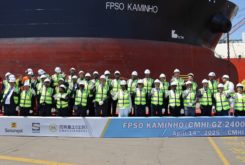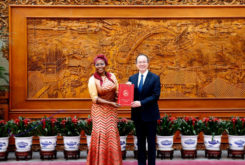Public-private partnerships and “patience” were essential ingredients for the success of one of the most important agricultural projects involving partners from China in Mozambique, according to one of the project’s main managers, Lu Xinqing.
The project, according to an article by Lu published by the Bill & Melinda Gates Foundation, involves a Chinese company, the Mozambican government, the World Bank and non-governmental organisation Green Revolution in Africa (AGRA), in the Mozambican province of Zambézia, and was focused on increasing farmers’ use of seeds and other improved production factors and proven and effective agricultural practices.
The aim was to increase the yield of rice crops to six tonnes per hectare and “organise a sustainable value chain supported by public-private partnerships (PPP), ensuring a market for production, at advantageous prices.”
“A year and a half after the launch of the project, we see several encouraging results. All the families in the project area participated enthusiastically in the initiative during the rainy season of 2019-2020,” with farmers following the guidelines provided by trainers, said Lu Xinqing.
“The government of Mozambique also saw first-hand the positive impact that the project had after the first year and agreed to commit more investment in infrastructure in the recovery of irrigation and maintenance of water pumps for the next two years,” said Lu.
An important part of the project was the creation of a public-private partnership involving the government, the private sector and other partners.
In the article, Lu Xinqing points out culture and language as the main difficulties in the implementation of the project, as well as the lack of infrastructure and adequate resources for maintenance, at a local government level, among other factors.
However, these obstacles have been overcome and “the most important lesson that we have learned was to be patient,” said the head of associated programmes of AGRA.
The PPP, said Lu Xinqing, “managed to leverage the strengths of each one of its members,” “including investment in infrastructure, technical assistance, training or subsidies for production factors.”
“Development partners play a crucial role in the reduction of risks and the creation of a conducive environment, where the private sector can focus on what it does best – the business,” said the AGRA head of programmes.




